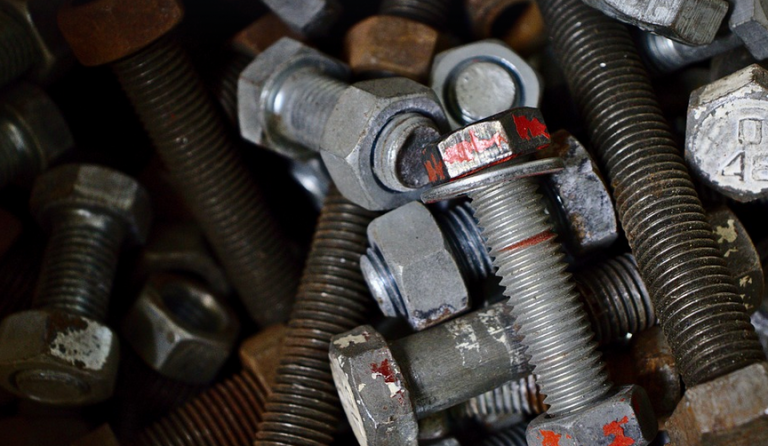
Understanding the Basics
So, your trusty Mini Cooper has decided to throw a wrench in your day by throwing up an error message on your dashboard. Don’t panic! We all know that feeling of frustration when something mechanical goes wrong with our beloved cars. Luckily, we’ve got you covered thanks to a handy list of common Mini Cooper fault codes and what they might mean.
What are Fault Codes?
You see those cryptic numbers flashing on your dashboard? Those little error messages (sometimes quite loud!) are actually called “fault codes.” They’re like mini-codebooks for your car, designed to tell you if something’s amiss under the hood.
For example, a fault code might indicate a problem with the engine temperature sensor or low fuel level. Knowing these codes can help you narrow down what’s wrong and make informed decisions about how to fix it.
The Power of Diagnostics
The good news is that modern Minis are packed with diagnostics tools. These tools make diagnosing faults much easier! They provide more information than ever before, such as:
- **Check Engine Light:** This light on its own needs a code read.
- **Fault Codes Displayed:** On the dashboard or in the car’s computer system (often via a button or screen).
The Mini Cooper Fault Code List
Since we can’t give a full list here, it’s best to have your own error code reader. They are widely available and often paired with an OBD-II tool, which is easy to connect to the car.
**Common Mini Cooper Fault Codes** (Note: This is just a taste of what you’ll find!).
- P0171/P0172 (Air/Fuel Ratio) : A lean, or rich mixture issue. Check for vacuum leaks or faulty sensors.
- P0440 (Evaporative Emission System Leak): This means a leak in your car’s emissions system. Common culprits are the fuel tank cap, charcoal canister, and EVAP system lines.
- P2138 (Throttle/Pedal Actuator) : The throttle or accelerator pedal needs to be recalibrated.
- P04B (Fuel Pressure): Check for clogged fuel injectors, faulty fuel pump, or a blockage in the fuel lines.
- P1553 (Electrical Wiring and Sensor Issue) : This can be caused by issues with the wiring harness. Sometimes it’s simply that one wire is not making good contact.
**Important Notes:** * **Don’t Panic!** Fault codes are your friend – they help you understand what’s wrong, but only if you know how to read them. * **Check Your Owners Manual! ** Most car manuals will have a section dedicated to those fault codes and their meanings! **How to Get Help with Mini Cooper Faults:**
Don’t underestimate the power of these resources:
- **Online Communities:** There are many online forums and communities where you can connect with other Mini Cooper owners. These communities provide helpful advice, troubleshooting tips, and support for everything from common faults to more complex issues.
- **Mini Cooper Service Centers:** The best resource in the long run is contacting a Mini specialist or service center.
**Let me know what you’d like to explore next! Do you want more specific information on a particular fault code? Would you like some tips on how to use an OBD-II reader? I can help with all of this! Just let me know your thoughts.**






